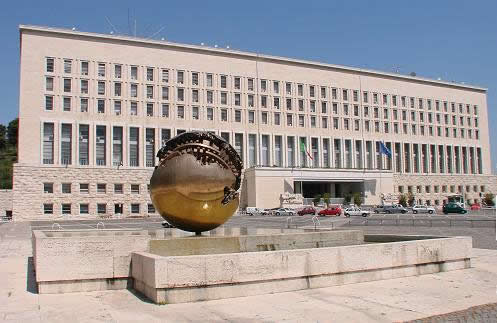Schengen Server monitoring

The provisions of the Agreement for the World Network Visas (Schengen project) include:
- controls abolition at the internal borders of the Schengen States
- common rules regarding external border controls
For most of us, the most obvious consequence of the World Network Visas agreement is that they no longer have to show their passports when crossing borders between the Schengen States, it being understood that each Member State shall determine whether a person must carry a travel or identity document.
All this is made possible by a network of servers that also includes the interconnectedness between the Ministries of Interior and Justice, the administration of other Member States and the Italian Embassies and Consulates abroad: a network of over 200 servers, distributed in countries all over the world.
The Schengen network is controlled by Sentinet3, which monitors both the status of active connections and services, as well as the changes over time of activities and resources being monitored, which also makes it possible to statistically evaluate the activity levels of individual systems and of the global system as a whole.
Using Sentinet3, the Foreign Affairs Minister has, thanks to extensive monitoring of equipment on a worldwide scale, been able to successfully prevent error situations by improving the uptime of the services concerned.
Deployment time has been significantly reduced and the system was operational with days of delivery. Notifications sent by Sentinet3 in real time via e-mail and/or SMS enabled faster technical support activation, with a resulting reduction in the downtime of services.









